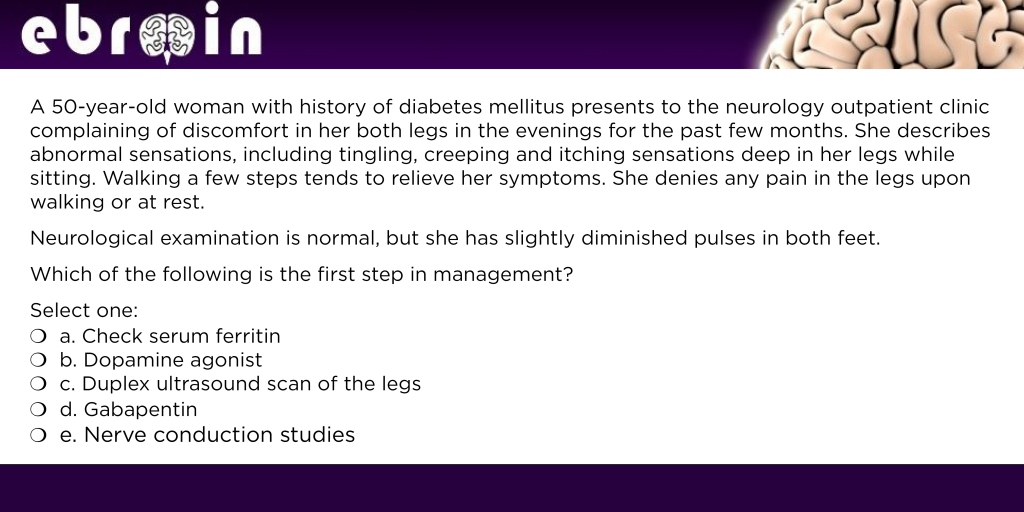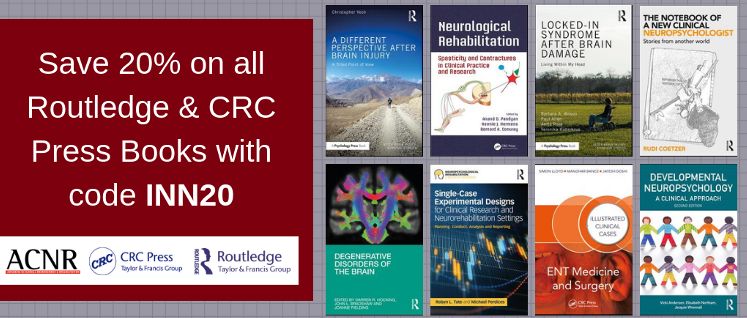
Eisai and the UK Dementia Research Institute (UK DRI) have announced the launch of a joint collaboration to support the advancement in dementia research. This first-of-its-kind industry collaboration for the UK DRI aims to deliver innovative research that translates into improvements in diagnosis, treatment and prevention of all types of dementia.
There are approximately 850,000 people with dementia in the UK, with numbers set to rise to over one million by 2025.1 As the ageing of the global population gathers pace, the number of dementia patients worldwide is expected to follow this trend, with the total number of people with dementia projected to reach 82 million in 2030 and 152 million in 2050.2
To combat this global issue, the UK DRI draws together world-leading expertise into a single national institute that conducts research into all aspects of dementia including Alzheimer’s disease, Parkinson’s disease, frontotemporal dementia, vascular dementia, and Huntington’s disease.
Eisai is delighted to initiate this joint programme with the UK Dementia Research Institute, bringing new ideas and cutting-edge science to the significant challenge of dementia. As the UK Dementia Research Institute’s first joint collaboration with industry, this programme will provide an environment in which post-doctoral researchers at the forefront of dementia research in the UK can demonstrate the potential of their research to develop treatments for dementia patients.”
Dr Andy Takle, Executive Director and Head, Eisai Hatfield Research Laboratories.
Researchers will benefit from both the UK DRI’s state-of-the-art research facilities and Eisai’s drug discovery and translational expertise, and will support the work of the UK DRI in striving to elucidate novel drug discovery targets and mechanisms, develop new dementia models, and accelerate the linkage of these research results to diagnostics, treatment and care.
This collaboration is a wonderful example of the UK DRI’s desire to work with industry for the greater good of dementia science and patient outcomes. We are grateful for the investment and partnership of Eisai, and indeed for the work of all the dedicated researchers trying to move to new frontiers in addressing dementia. We look forward to seeing more fresh thinking on dementia, and to welcoming our colleagues at Eisai to the UK DRI community of ideas and energy.
Dr Adrian Ivinson, UK DRI Director and COO
Eisai has been conducting research on neurodegenerative diseases in the UK since 1990. In 2012 the company began a research collaboration with University College London (UCL) which will run until 2023, and was established as part of the company’s ‘Open Innovation’ strategy to collaborate with leading researchers and translate new research findings into innovative treatments for patients with neurodegenerative diseases.
References:
- The Alzheimer’s Society. Facts for the media. https://www.alzheimers.org.uk/about-us/news-and-media/facts-media. Last accessed May 2019.
- Alzheimer’s Disease International. World Alzheimer Report 2018. https://www.alz.co.uk/research/WorldAlzheimerReport2018.pdf. Last accessed May 2019.






